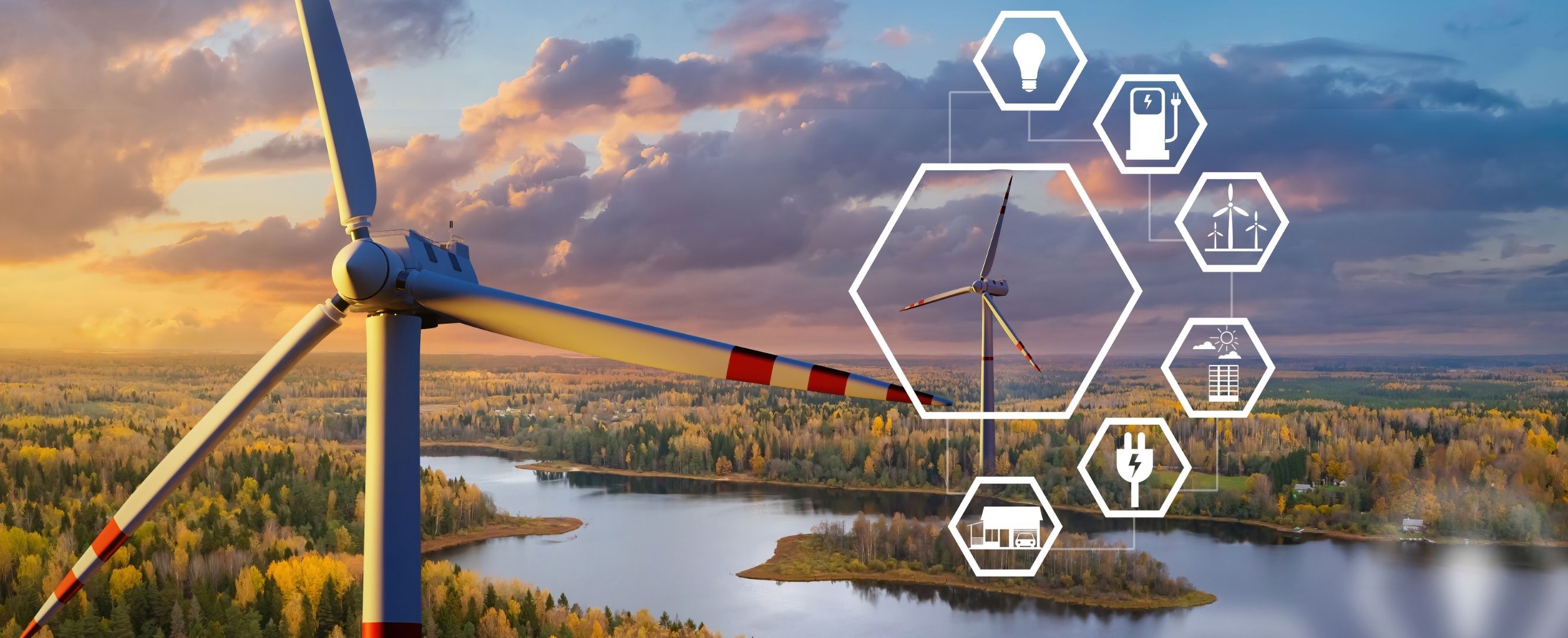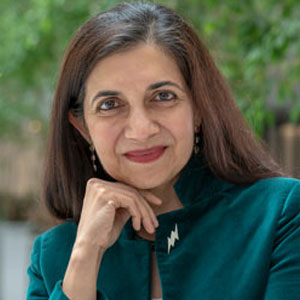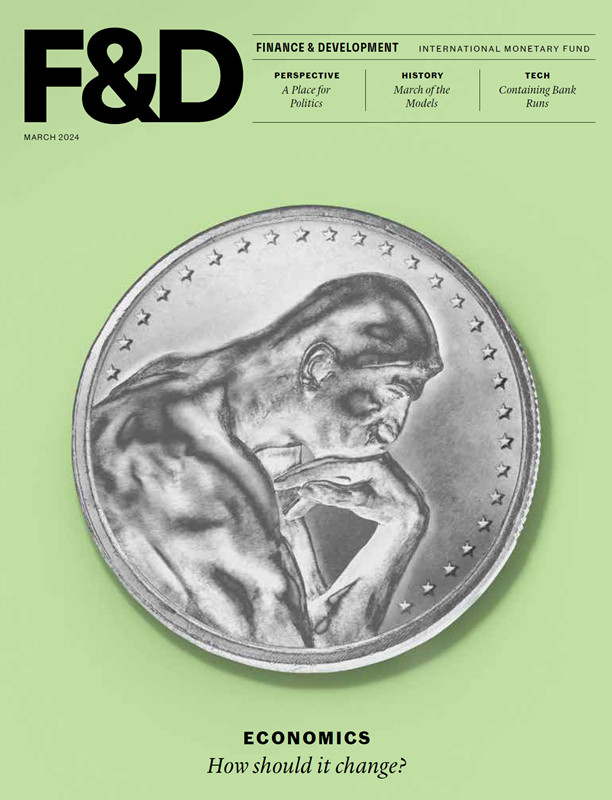Climate security and energy security must go hand-in-hand
A few years ago, in an era of abundant energy supplies, the world’s focus was on curbing fossil-fuel use to achieve net-zero carbon emissions. Today, priorities have shifted amid supply threats and price increases since Russia’s invasion of Ukraine. The scramble for quick solutions to secure affordable and reliable energy could imperil climate action. How do nations and their leaders manage the gap between near-term energy needs and the urgent, but longer-term green goals?
In this issue of Finance & Development, leading energy policy experts look at where the clean energy transition stands amid geopolitical tensions.
It’s a fallacy that the world must choose between energy security and climate action, writes International Energy Agency chief Fatih Birol. He warns against using the current energy crisis as an excuse to deepen dependence on fossil fuels. In fact, he says, the situation strengthens the case for more investment in clean energy—including energy efficiency, renewables, electrification, and a range of clean fuels—to reduce dependence on imported oil and gas.
Energy authority and author Daniel Yergin warns that the energy transition needs careful planning and will lose public support if it comes at the price of economic disruption, especially in developing countries who are grappling with other urgent priorities like health, poverty, and economic growth. “Advocacy has too often taken precedence over analysis,” he writes.
But Europe’s energy supply challenge is now. The IMF’s Andrea Pescatori and Martin Stuermer explain the structural differences between oil and gas markets, while putting the energy crisis into a broader perspective. European think tank Bruegel’s Jeromin Zettelmeyer and coauthors urge EU countries to strike a “grand bargain” and work together to reduce energy demand and boost supply while keeping internal energy markets open and compensating vulnerable consumers.
For emerging and developing economies, the clean energy transition offers an opportunity to supercharge growth, says Harvard’s Ricardo Hausmann. Investing in green technologies creates value and jobs, enabling these nations to do more to help the world decarbonize, he argues.
Long-term security still depends on a mix of clean energy technologies, from solar and wind power to nuclear, “green” hydrogen, electric vehicles, and carbon capture. As Birol argues, massive investment in clean energy is the best guarantee of energy security. Indeed, climate security and energy security must go hand-in-hand.
Elsewhere in the issue, Columbia University’s Jason Bordoff suggests that America’s new climate law presents an opportunity for the US to engage with partners to create special trading rules that support clean energy. We interview Poland’s former energy minister Piotr Naimski on the country’s pursuit of energy independence, and we look at the push towards renewables—from Chile’s bet on green hydrogen, to Kenya’s geothermal industry, to Indonesia’s solar future.
There is, of course, much more to explore within the pages of this issue. I hope you also find that it reveals something new to you and provides food for thought.
Thank you as ever, for reading us.
Opinions expressed in articles and other materials are those of the authors; they do not necessarily reflect IMF policy.









